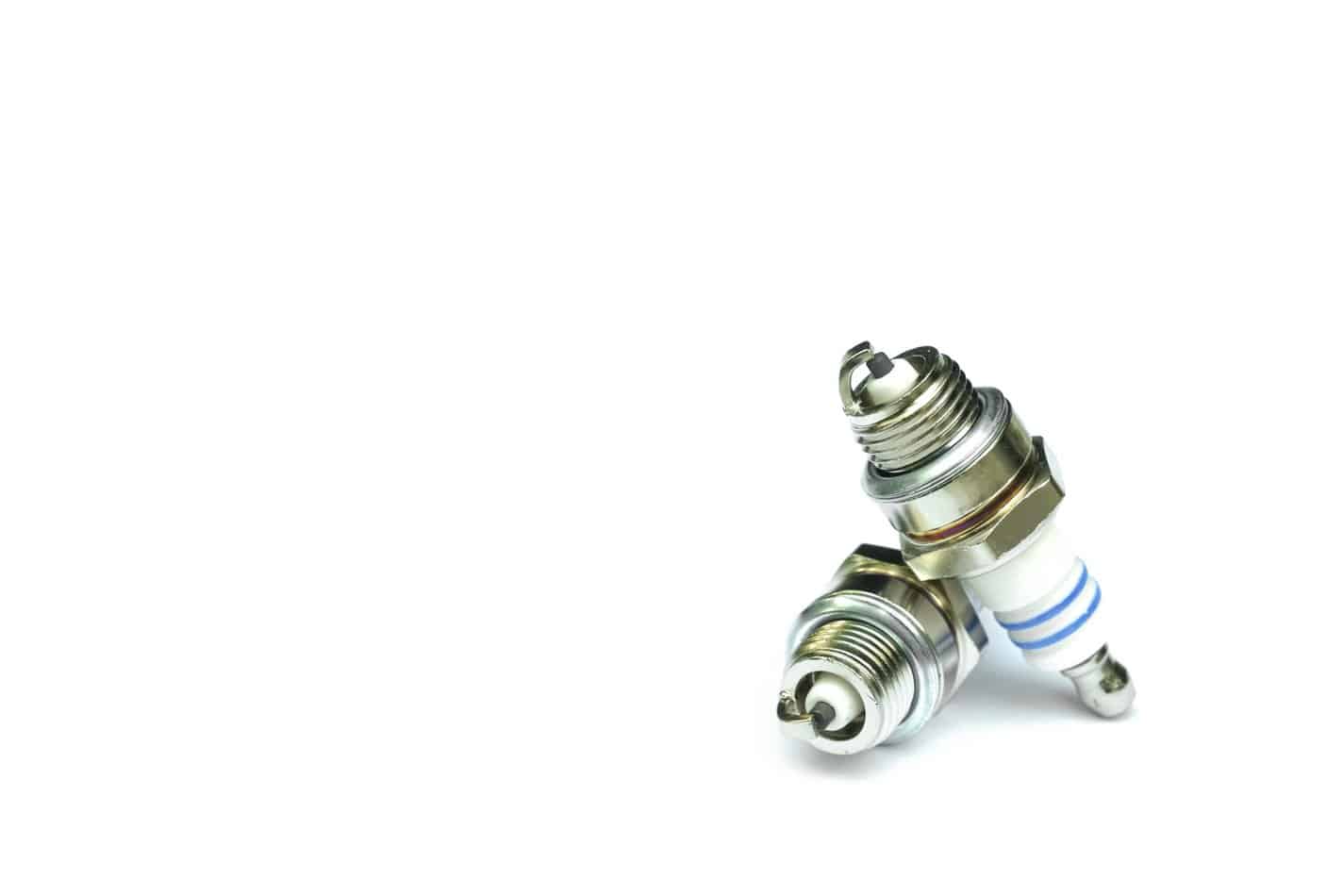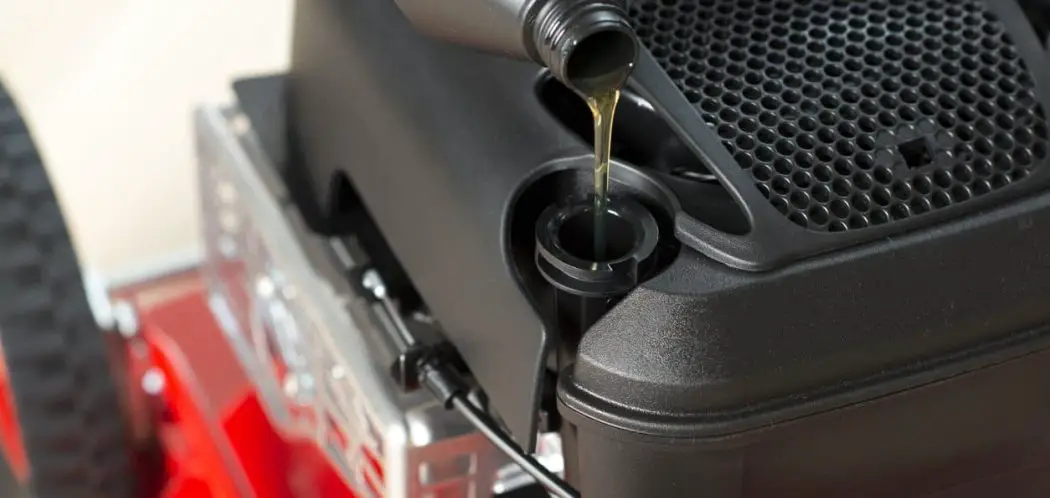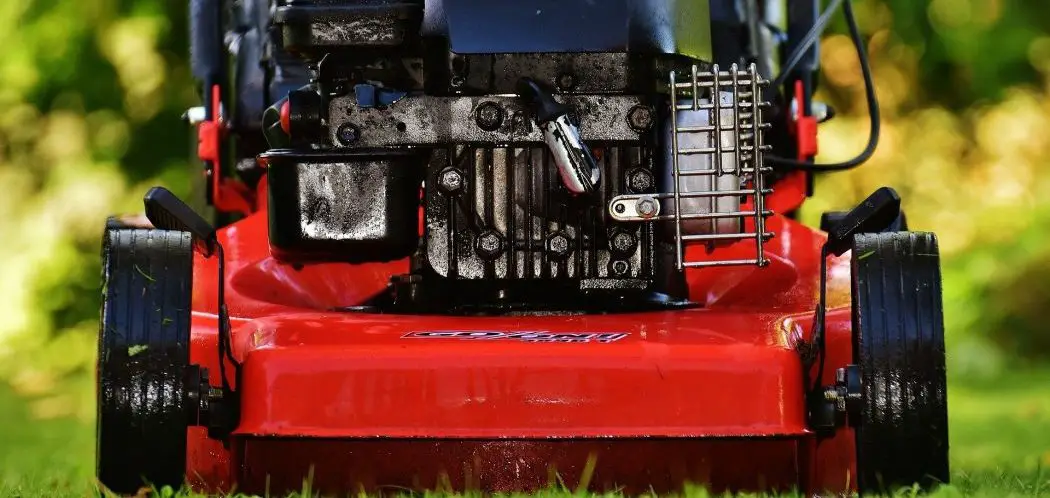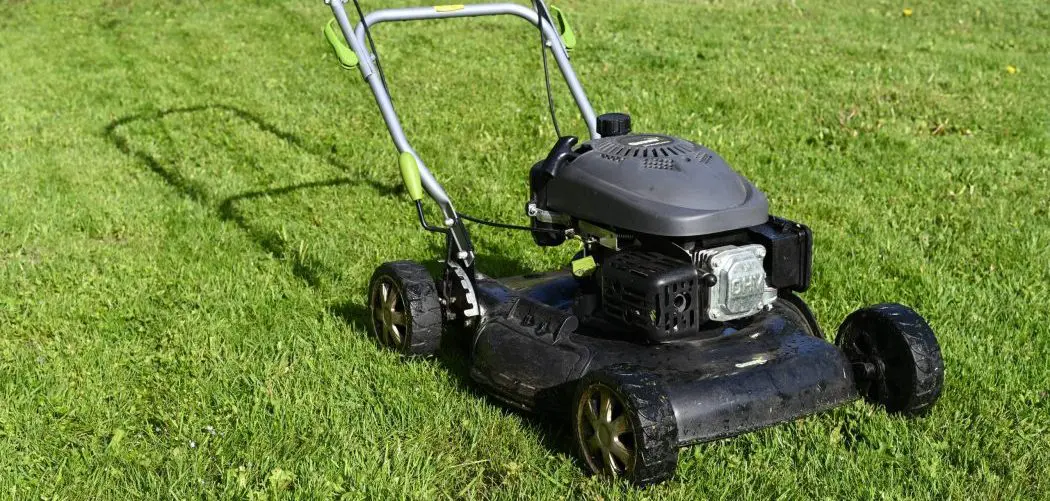There’s plenty of parts that need to be maintained on a gas powered lawn mower and it can be difficult to know when to replace them to keep your mower functioning at its best. The spark plugs are crucial to the ignition system so you’ll want to make sure yours don’t become fouled with oil and fuel. You’ve probably wondered how often you should be replacing them so that’s why I’ll try to answer here.
Lawn mower spark plugs typically last for around 25 hours of use. So, if you’re using your lawn mower for 15-20 minutes per week, the mower spark plug will easily last over a year. It’s recommended to change the spark plugs once a year for better performance.
I will say that you should take this number with a pinch of salt. Although the above answer may be what is recommend by companies that produce small engines, I’ve been working with lawn mowers for over a decade and I’ve not had any issues with replacing the spark plugs far less frequently than this. To make this article as useful as possible, I’ll try to explain why spark plugs go bad and how you can know when they are bad. Hopefully that will give you a better idea of when you should replace them, even if you’re nowhere near the 25 hour mark.
How Often Should a Lawn Mower Spark Plug Be Changed?
Changing the spark plugs on your lawn mower largely depends on how much you’re using your lawn mower.
If you have a small lawn or you’re not particularly enthusiastic about lawn care, you may not be mowing regularly and won’t need to change the spark plugs frequently at all. As long as there are no issues with the spark plugs, you shouldn’t worry too much about it.
From my experience, you can get good performance from spark plugs even after many years so if your lawn mower’s engine runs perfectly, you probably don’t need to change anything.
The issue is that over time, the spark plugs tend to become fouled due to excessive fuel on your mower’ engine cylinders. This can cause the lawn mower not to start. I’ve seen this happen many times before.
The good news is changing a lawn mower’s spark plug is hassle-free. It’s a total walk in the park! It’s pretty economical too (approximately $5).
So, even if you’re having the slightest doubt about the quality of a plug, it’s not much effort to change it.
As a general rule, changing the spark plugs on your mower at the end or at the beginning of the season is recommended. If you do so, you don’t need to fret about changing the spark plugs in the middle of the season.
How Do I Know If My Lawn Mower Spark Plug Is Bad?
Let’s look at some of the signs that your spark plugs are bad and you need to replace them.
1. Increased Fuel Consumption
This is certainly one of the main symptoms of fouled spark plugs. If they’ve gone bad, the fuel consumption of your lawn mower will increase. Since the plugs tend to go bad over time, you probably won’t notice.
When the spark plug can’t spark, it can cause the engine to misfire. Engine misfires are never good in general and the engine consumes more fuel than expected so a good amount of fuel wastage takes place.
According to the National Institute for Automotive Service Excellence, bad spark plugs can reduce the fuel economy of an engine by up to 30%. [Source]
2. Reduced Engine Performance
Bad spark plugs can’t ignite the air-fuel mixture which ultimately reduces the efficiency of the lawn mower engine. You’ll be more likely to notice bad engine performance.
In most cases, if the spark plugs on your lawn mower become fouled or clogged, you’ll also notice a loss of engine power. Your lawn mower might run in a lean condition.
3. Lawn Mower Won’t Start
If you are trying to start your lawn mower but it doesn’t start, there’s a fairly good chance that is because there are issues with the spark plugs on your lawn mower.
If the spark plugs become seriously worn, the lawn mower’s engine has to work harder and it may be not even be able to start at all. The spark plugs give the spark that causes the explosion in the engine which allows it to produce power.
You might be able to start your lawn mower sometimes, but you will need a lot of effort to do so and nobody wants that!
“Maybe maybe not. It depends on how bad the plug is. If it is so bad that it fails to deliver spark your lawnmower will not start.” – shares Dave Rosenbrook on Quora.
A damaged spark plug? Yes, it can be the culprit. A damaged spark plug can’t create the explosion to start the engine.
4. Rough Idling
This is one of the best signs that the spark plug on your lawn mower become defective. Upon starting the engine, you might be able to hear rough sounds coming from the engine.
Besides the rough idle of the engine, you may also notice that your lawn mower shakes when you start the mower.
5. Hard Acceleration
You may find accelerating your lawn mower challenging due to a malfunctioning spark plug.
An intermittent spark caused by a fouled spark plug may cause a loss of power.
How Do You Check and Replace Spark Plugs on Your Lawn Mower?
Obviously you’ll want to inspect the spark plugs on your lawn mower before replacing them. It’s a pretty easy to check the quality of the plugs provided you know what to look for.
Before you replace the spark plugs, here’s what you should be checking for…
- Whether the spark plugs are fouled
- Whether the spark plugs become corroded
- Whether the spark plug’s electrode has become damaged and lost its shape
- Whether the gap of the spark plug is too small
Let’s quickly look at a step-by-step process to check the spark plugs on your lawn mower.
Step 1: Remove the Spark Plug’s Wire
You will find the spark plug wire on the back side of your mower. You can simply grip and pull the spark plug’s wire using your hand.
Step 2: Remove the Spark Plug
Here, you need to use a spark plug removal wrench. You should then place one side of the wrench into the back of the spark plug thread.
Now, install the turning tool and loosen the spark plug. It will take a few turns of the wrench as the spark plug thread is fairly long.
Step 3: Check the Spark Plug
You’ll need inspect and check the spark plug and see whether you find any sign of the defects mentioned above.
To check the spark plug’s gap, make sure you use a spark plug gapping tool.
Watch this video to learn about how the spark plug gapper works:
Step 4: Replace the Spark Plug
If you find something wrong with the spark plug, you need to replace it. Install a new spark plug, and you’re good to go.
Why Do Spark Plugs Go Bad?
One of the main reasons why spark plugs go bad is because of overheating damage. If the spark plugs overheat, the electrode of the spark plugs gets worn faster.
In addition, spark plugs can foul due to fuel leaks or carbon build-up in the engine. This can cause the spark plugs to become corroded and go bad.
Can Spark Plugs Go Bad All of a Sudden?
It takes time for the spark plug to become corroded, fouled, or damaged.
If you put a new spark plug on your lawn mower and it goes bad very quickly, chances are there are other things that cause engine-related issues, not the spark plug.
Final Words
Yes, the spark plugs need to be replaced over time and while I have seen mower’s that fail to start because of a fouled spark plug, it generally takes a long time for the plug to accumulate enough oil and dirt for this to happen. There are many things that can go wrong on a gas powered lawn mower, and a spark plug is just one of them.
In most cases, cleaning the debris outside the spark plugs can allow you to extend the lifetime. It’s pretty quick to grab some sandpaper and wipe off any dirt and oil. Nevertheless, spark plugs are cheap and easy to replace so you’re doing any general maintenance work on your mower, it’s probably worth going ahead and and replacing the plugs while you’re at it. – Its just good practice.








